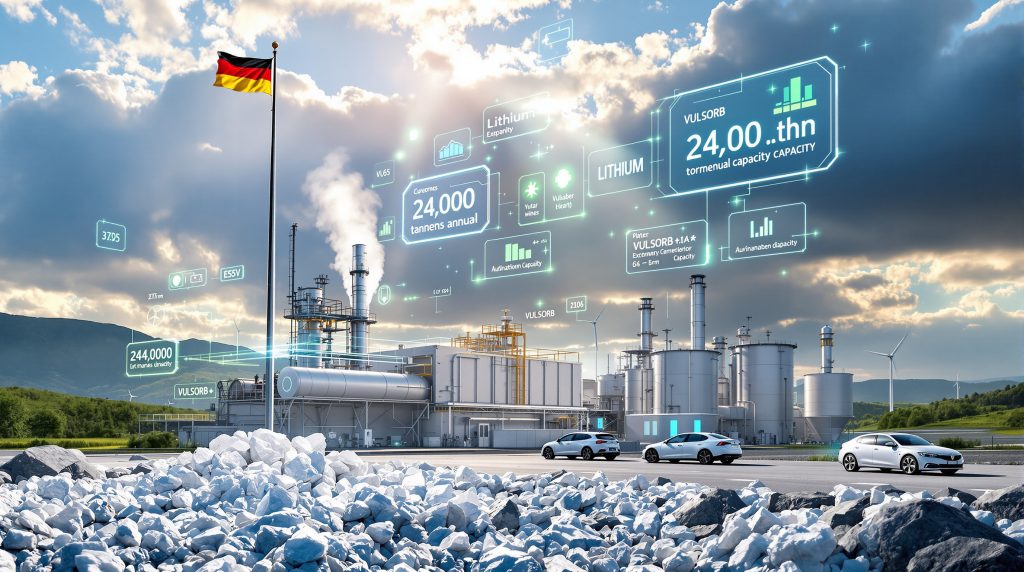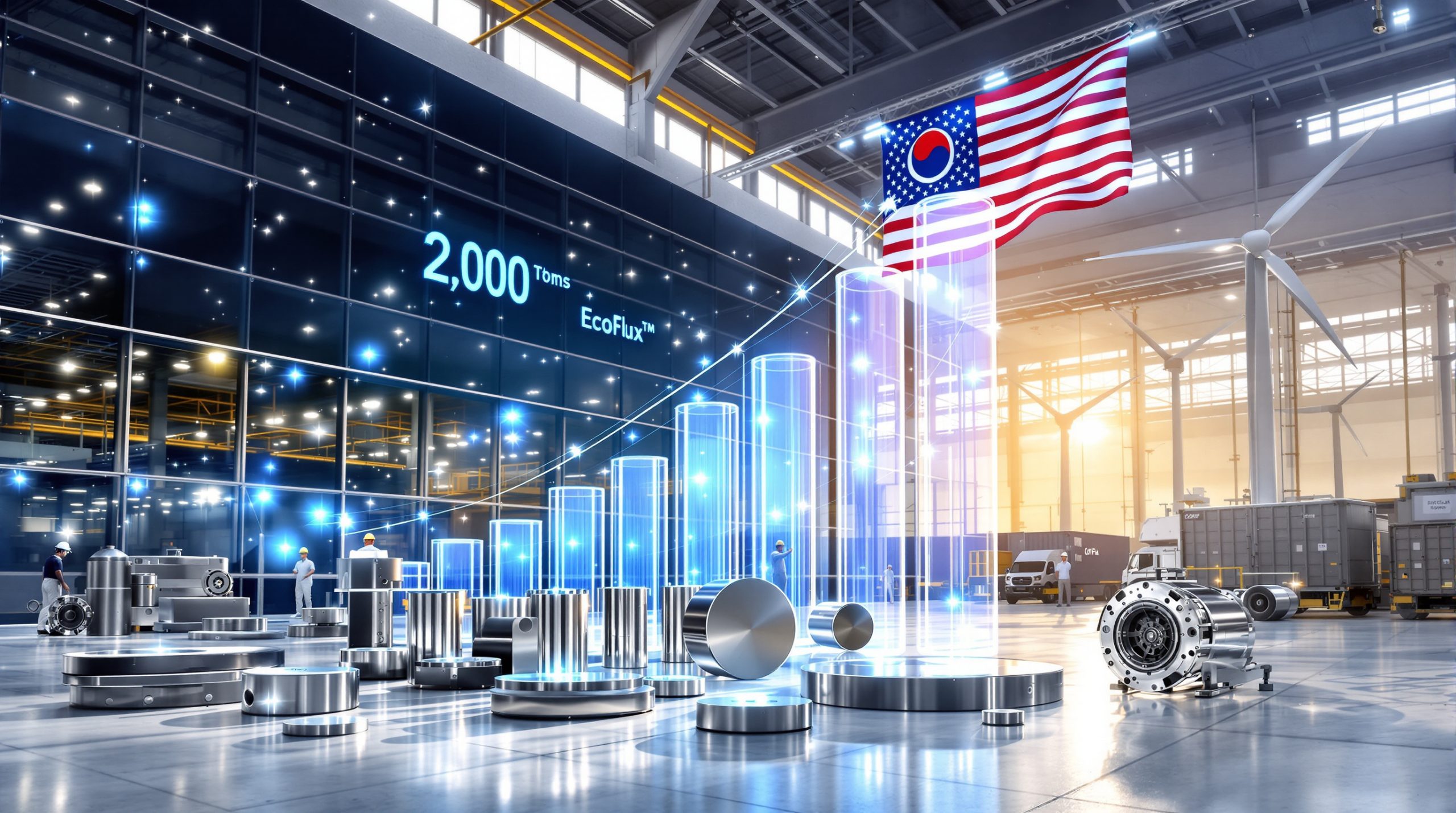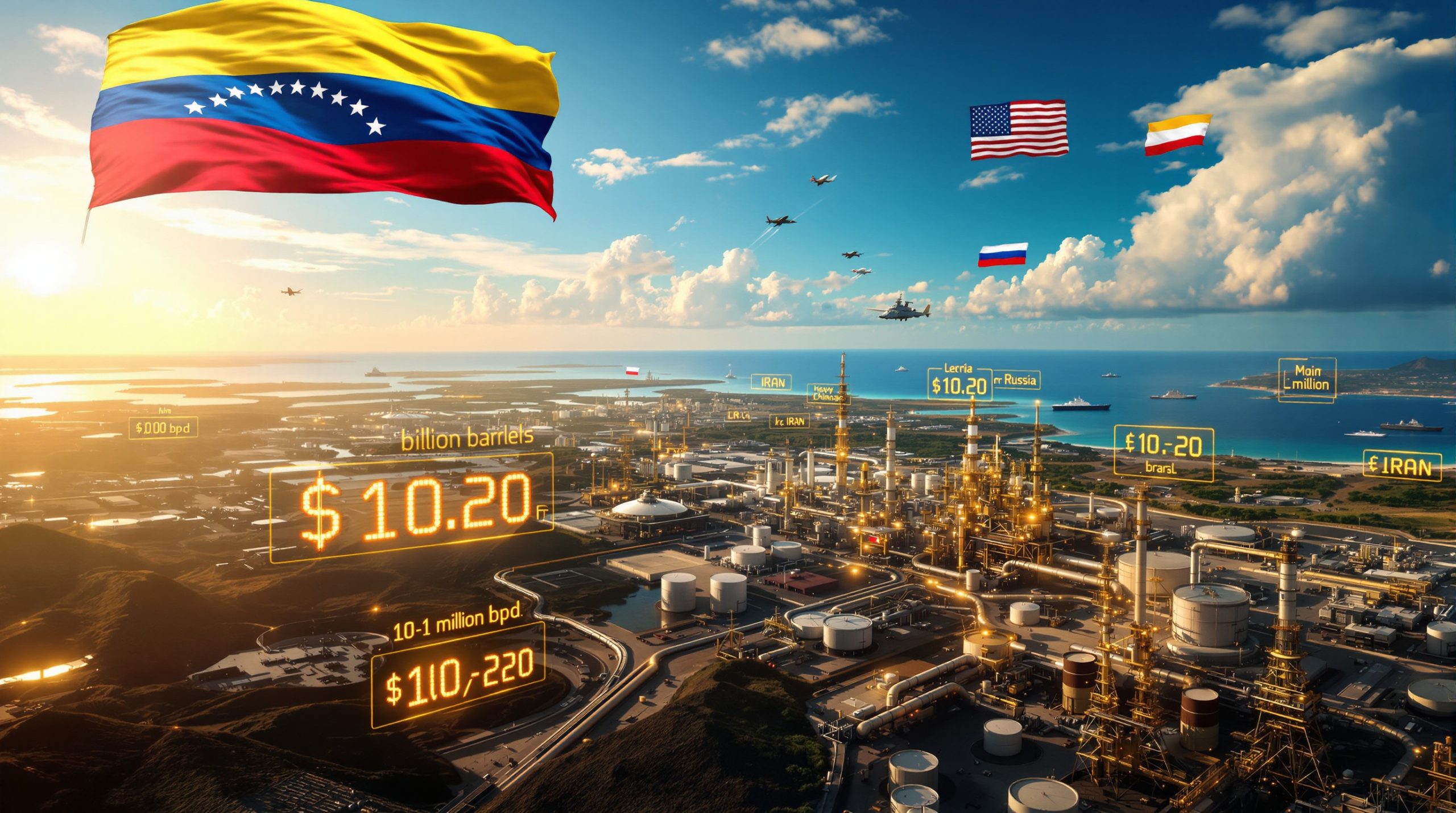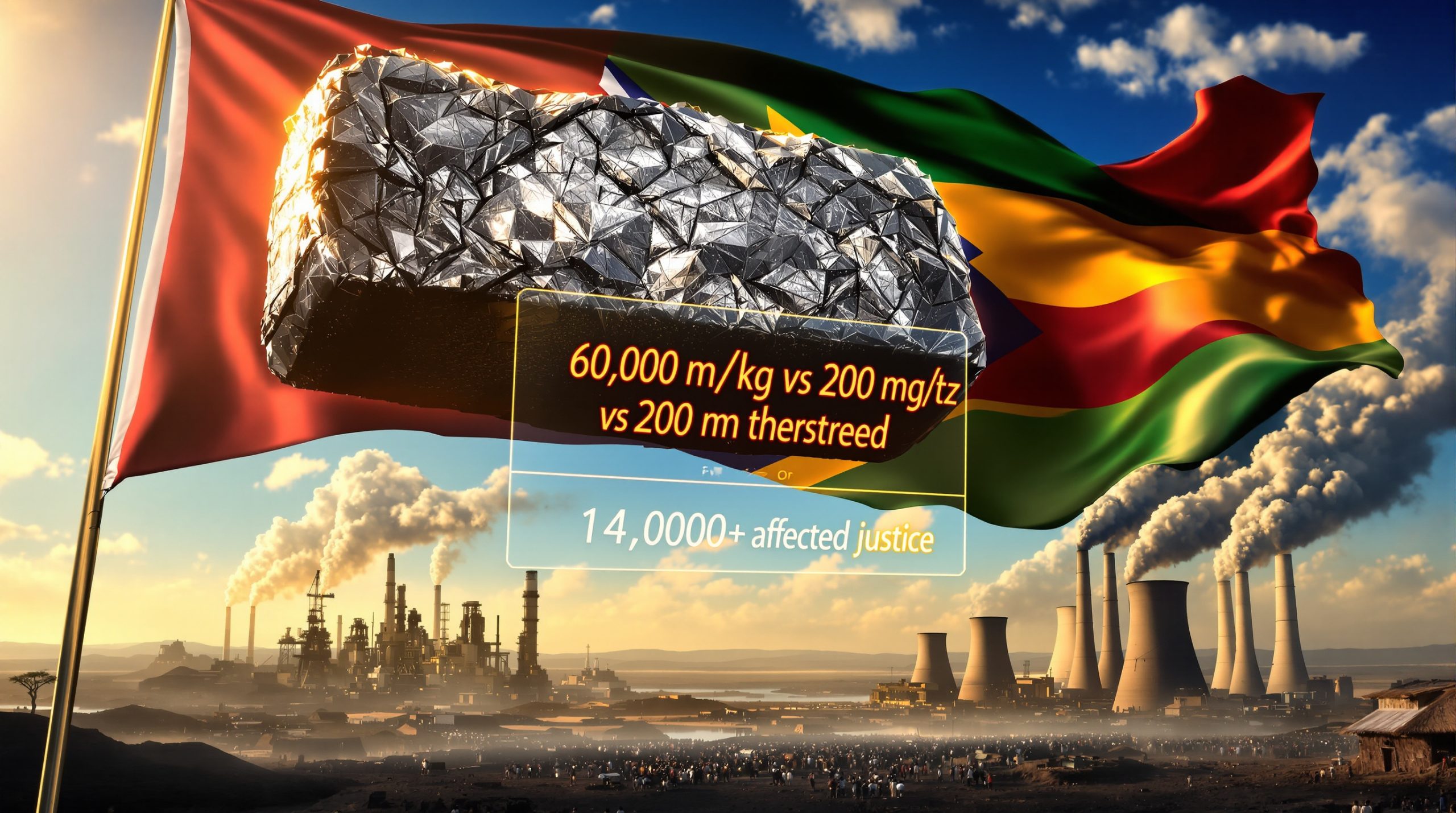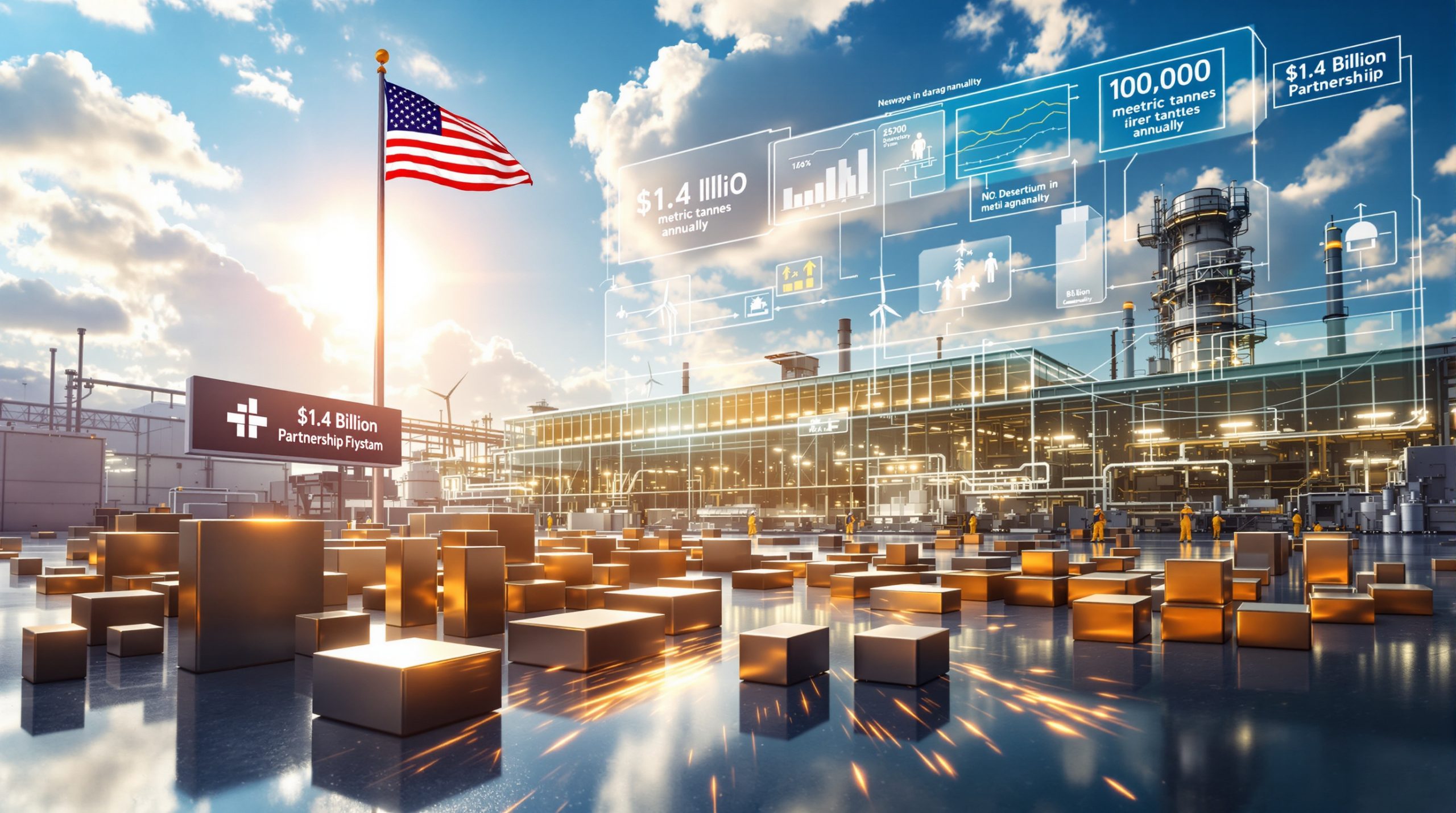What Makes Vulcan Energy's German Lithium Plant Revolutionary?
Vulcan Energy lithium extraction plant Germany is at the forefront of sustainable resource production by integrating geothermal energy with lithium recovery. This state‐of‐the‐art facility, located in Germany, pioneers efficient technology that could reshape European supply chains. Moreover, Vulcan Energy lithium extraction plant Germany represents a breakthrough in renewable resource management. In addition, Vulcan Energy lithium extraction plant Germany exemplifies a commitment to cleaner production methods.
The facility combines renewable heat with battery‐grade extraction in a single system. It has secured all construction permits for its Landau facility. Furthermore, it reduces dependence on imported lithium through innovative domestic methods. The project has attracted significant industry attention and investment.
What Sets Geothermal–Lithium Integration Apart?
At the heart of the facility lies a unique integration system. The process utilises geothermal brine as both an energy source and as the raw material. The method employs intermediate heat exchangers across multiple well sites. Consequently, energy is captured before lithium extraction begins. This sequential process enhances efficiency and reduces environmental impact.
Engineers have refined the process using direct lithium extraction. In addition, the innovative design supports clean energy production alongside lithium recovery. These advanced methods also incorporate advanced extraction techniques to further increment efficiency.
Zero-Carbon and Circular Production
Vulcan Energy’s method achieves carbon neutrality by eliminating fossil fuels. Renewable geothermal energy supplies all operational power requirements. Moreover, the design features a closed-loop system. After lithium recovery, the depleted brine is reinjected underground, preserving geological balance. In addition, this approach prevents groundwater contamination and reduces waste.
The carbon-neutral process exemplifies lithium industry innovations. Furthermore, it underlines the project’s commitment to both operational efficiency and environmental stewardship.
Strategic Location and Resource Abundance
Germany’s Upper Rhine Valley is ideal for combining geothermal and lithium extraction. The region hosts Europe’s largest verified geothermal and lithium resource base. This concentrated resource enables efficient infrastructure development and operational synergies that are rare elsewhere. Additionally, local battery manufacturers benefit from proximity to major European automotive hubs.
Furthermore, logistical advantages are undeniable. The location reduces transportation costs and supply chain complexity. For instance, nearby chemical processing facilities in Frankfurt-Höchst bolster operational integration. This synergy is crucial as global demand increases and the market seeks lithium market insights.
How Does the Extraction Process Work?
The process begins with geothermal brine extraction from the Upper Rhine Valley’s underground reservoirs. Naturally occurring lithium-rich brine provides the raw material. The process relies on selective techniques rather than bulk material processing. In doing so, it targets specific lithium compounds for higher recovery rates with minimal environmental disruption.
A crucial part of the method is the integration of lithium brine operations. The extracted brine first passes through heat exchange systems. Consequently, thermal energy is recovered for electricity generation and district heating. Only after this heat recovery does the system proceed to lithium extraction.
Breakthrough Sorbent Technology
A proprietary sorbent called VULSORB® powers the extraction process. This material is engineered for lithium selectivity and precision. It captures lithium ions while allowing other ions to pass freely, bypassing extensive chemical preprocessing. The sorbent system delivers significantly higher recovery rates than traditional methods. Moreover, it reduces operational costs and environmental impacts.
This high-performance technology is a testament to continuous improvements in extraction efficiency. In addition, it positions the project ahead of competing techniques that cannot match its environmental benefits.
Geothermal Brine Processing and Heat Recovery
Thermal conditioning of the brine plays a pivotal role before lithium extraction begins. The geothermal fluid passes through integrated heat recovery systems. Here, energy is used to generate electricity using the Organic Rankine Cycle. Furthermore, waste heat is distributed via district heating networks. This cascading energy utilisation further improves overall process efficiency.
After heat recovery, the cooled brine is optimally processed for lithium extraction. The controlled temperature increases the performance of the sorbent material. Finally, reinjection of the processed brine completes the closed-loop cycle, ensuring sustainability and resource preservation.
Production Capacity and Market Impact
The Landau facility aims for an annual production of 24,000 tonnes of lithium hydroxide monohydrate (LHM). This target is sufficient to support roughly 500,000 electric vehicle batteries each year. The integration of extraction and processing facilities optimises the supply chain and enhances production reliability. Also, the facility’s output reduces import dependency for European manufacturers.
A significant consequence of this innovation is improved supply chain resilience. Domestic production shortens lead times and lowers risks linked to international trade disruptions. In turn, this fosters stable market conditions and predictable revenue for stakeholders. Analysts also note that such projects influence lithium market dynamics by stabilising supply.
Global Comparison and Technological Differentiators
When compared with traditional production centres in Australia, Chile, and China, this operation stands out. While global production exceeds 500,000 tonnes annually, the focus here is on sustainability rather than sheer volume. In addition, the technological integration is a key differentiator. For instance, conventional methods such as hard rock mining involve extensive land disturbance and significant water usage.
Vulcan Energy’s process minimises environmental impact by reusing geothermal energy and employing closed-loop brine management. It delivers approximately 90%+ recovery rates versus 60-70% with traditional processes. This efficiency not only conserves resources but also enhances the project’s commercial viability.
Impact on the European Battery Supply Chain
This project is pivotal for Europe’s battery supply chain. By ensuring a domestic source of lithium, it allows manufacturers to reduce reliance on imports from countries such as Australia and Chile. The facility provides zero-carbon lithium that aligns with increasing sustainability mandates. In addition, it simplifies logistics by offering local access and predictable supply.
Such transformative projects boost regional self-sufficiency and offer competitive advantages. In particular, automotive manufacturers enjoy lower logistics costs and improved supply security. Furthermore, these developments open doors for technical collaboration and customised product design to meet evolving market demands.
Investment, Financing, and Strategic Partnerships
Total investment amounts to €690 million across extraction and processing facilities. The financing structure is diverse, incorporating government support, private capital, and customer prepayments. Public funding of €103.6 million reflects strong political commitment at both federal and state levels. In addition, customer offtake agreements provide further financial security.
Key commercial partnerships have been established with leading global battery and automotive manufacturers. Strategic agreements with companies such as Stellantis, LG Energy Solution, Umicore, and a Glencore subsidiary secure predictable revenue streams. These alliances play a critical role in the project’s long-term success and market acceptance.
From Pilot to Full-Scale Production
Pilot operations have validated the integrated system at a 1:50 scale. The Landau facility recorded its first lithium chloride extraction in April 2024. Likewise, the Frankfurt-Höchst processing site achieved battery-grade production shortly thereafter. Positive pilot results have bolstered confidence in scaling to full production command.
Construction milestones include geothermal well completion and heat exchanger installations at Landau. In addition, Frankfurt-Höchst is progressing with electrolysis equipment installation and chemical processing set-up. Furthermore, recent project approval update reports confirm that construction work will commence in late 2025 once financing is finalised.
Addressing Challenges and Future Prospects
Despite the robust design, several challenges persist. Scaling up from pilot to full-scale production carries technical and engineering risks. Maintaining geothermal resource sustainability is another key concern. In addition, the performance of the VULSORB® sorbent under industrial conditions demands continuous monitoring.
Market competition and price volatility also pose risks. Global lithium prices have fluctuated, impacting revenue forecasts. However, Vulcan Energy’s innovative process and sustainable approach mitigate these risks. Moreover, the project’s regulatory compliance and local community support further strengthen its prospects.
The industry is closely watching developments. For instance, factors such as improved extraction efficiency and reduced water use could revolutionise the sector. In addition, emerging technologies are expected to further lower operational costs while increasing recovery rates.
A Unique Global Proposition
The combination of renewable energy with lithium recovery presents a model that is unique globally. Vulcan Energy lithium extraction plant Germany serves as a landmark in merging clean technology with resource production. This integration could serve as a blueprint for similar projects worldwide. Furthermore, the project uniquely supports both energy generation and critical material supply chains.
This pioneering feat underlines the potential to transform present-day lithium production. It also offers significant benefits in terms of reduced environmental impact and enhanced economic stability. With global markets increasingly leaning towards sustainability, this facility is well poised for future expansion.
In summary, Vulcan Energy’s German facility demonstrates a forward-thinking approach. Its integrated design, renewable energy use, and strategic location collectively set a new standard in the lithium industry. The project exemplifies environmentally responsible transformation. Industries and stakeholders alike now witness the dawn of cleaner, innovative production methods.
Looking for Opportunities in European Battery Supply Chain Investments?
Discovery Alert's proprietary Discovery IQ model delivers real-time alerts on significant ASX mineral discoveries, including companies developing innovative lithium extraction technologies and sustainable resource projects. Stay ahead of market movements by exploring historic discovery returns and begin your 30-day free trial today to gain actionable insights into the next breakthrough in clean energy materials.
